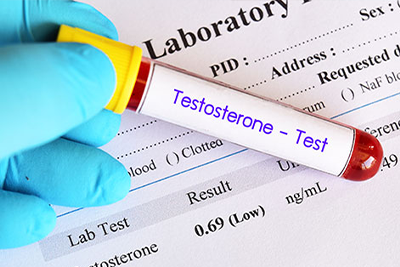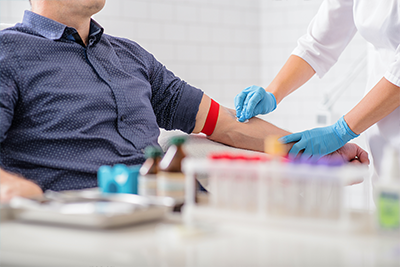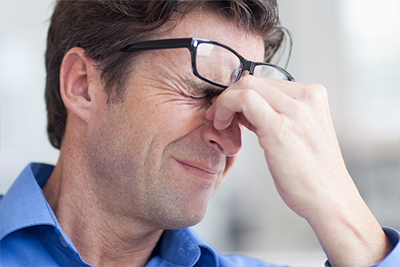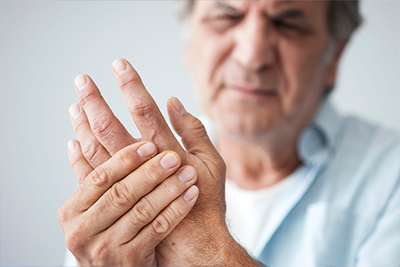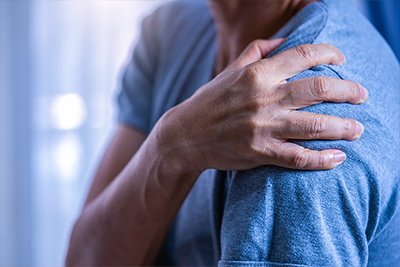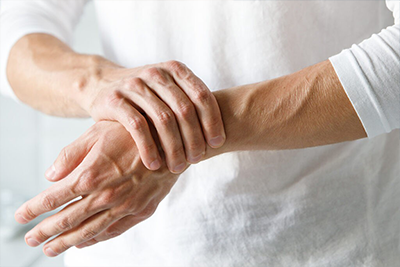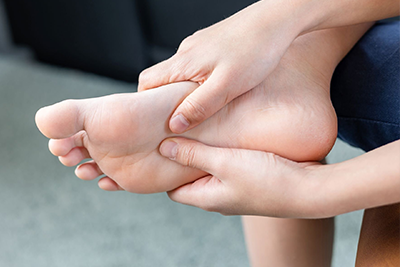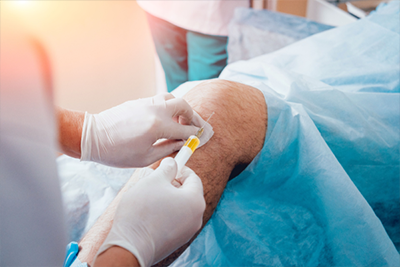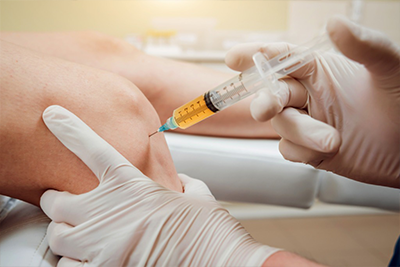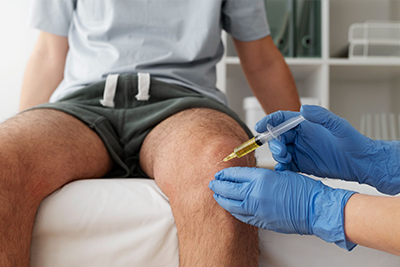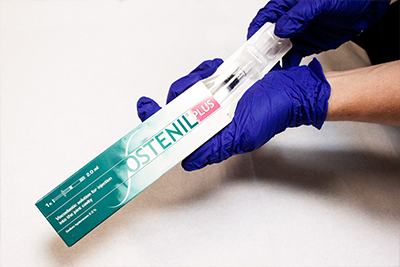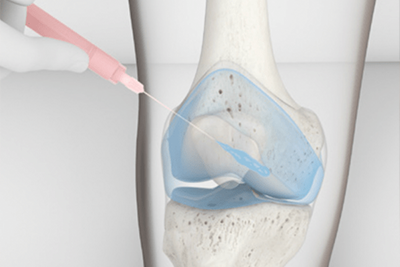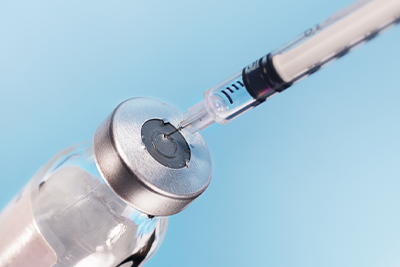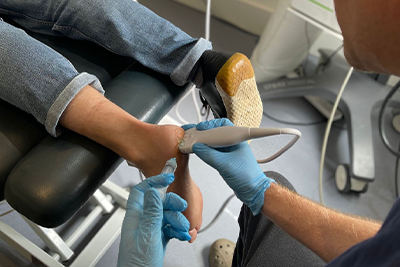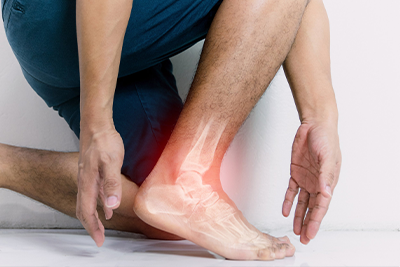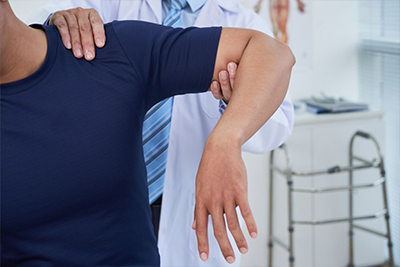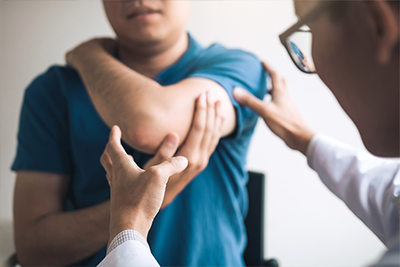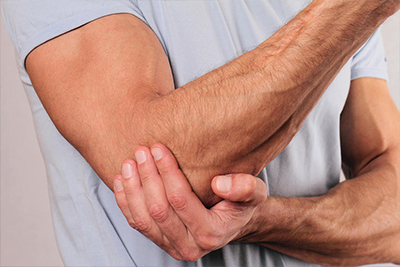Headaches
- Home
- Headaches
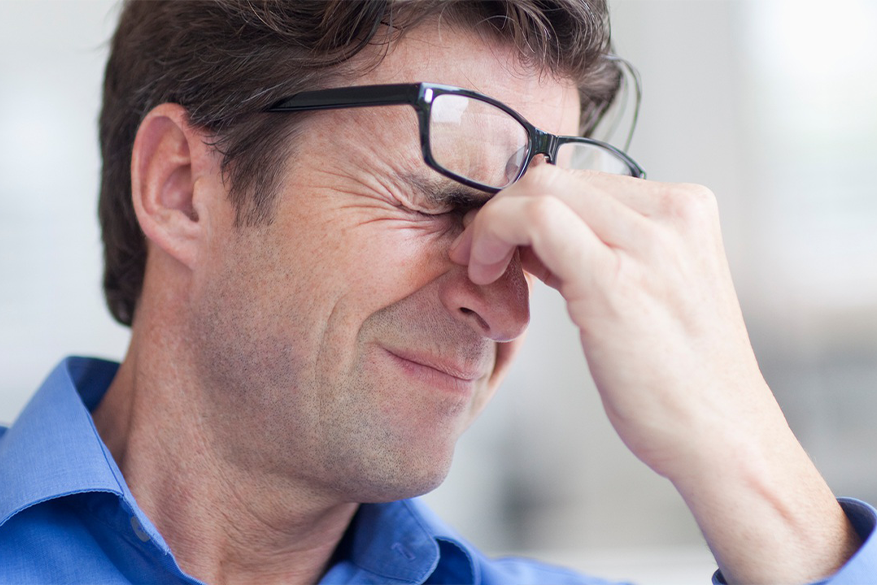
Chiropractic Treatment for Headaches & Migraines in Tunbridge Wells
Headache is a common experience in adults, with more than 10 million people in the UK getting headaches regularly, making them one of the most common health complaints. However, most aren’t serious and are easily treated. Recurring headaches can have a negative effect on family life, social activity, and work ability. Accurate diagnosis is key to management and treatment. Our aim at Vale Health is to help you live life free from chronic aches and pains. After booking your first appointment, we’ll welcome you into our clinic for a more in-depth chat about your headaches. We always aim to build a clear picture of your symptoms and health in general so that we can understand the underlying causes of pain. You don’t need to bring anything specific with you on the day, but be sure to dress comfortably. If you’ve had any previous test results, or are currently taking any medications for your headaches, it is important that you let us know about anything that could be a contributing factor in your headaches. During your first visit, we’ll carry out an orthopaedic and neurological examination to help us find the source of your pain and determine the best treatment. This treatment can involve spinal manipulation, massage and trigger point therapy. We also advise you on factors like posture, ergonomics and stretching exercises you can carry out at home, because what you do away from the treatment table is often as important as the work we do on it. If chiropractic care is right for you, we can book you a follow-up appointment to help you on the road to recovery.There are two types of headache:
- Primary headaches: when there is no underlying health problem. The most common primary headache disorders are tension-type headache and migraine.
- Secondary headaches: when there is an underlying disorder and include headaches associated with medication overuse, giant cell arteritis, raised intracranial pressure and infection.
- a severe headache
- jaw pain when eating
- blurred or double vision
- a sore scalp
What would a chiropractor do to help?
Headache sufferers are turning to the natural, drugless, chiropractic and massage approach to health. Treatment modalities typically used by chiropractors include spinal manipulation, mobilisation, massage, advanced soft tissue therapies such as trigger point therapy, and strengthening and stretching exercises. A spinal manipulation or chiropractic adjustment is designed to improve spinal function, alleviate the tension on the joints of the neck and improve the range of motion. Your chiropractor will also offer you advice on posture, ergonomics (work postures), exercises and relaxation techniques. This advice should help to relieve the recurring joint irritation and tension in the muscles of the neck and upper back.What Can You Do?
- If you spend a lot of time in one fixed position, such as in front of a computer, on a sewing machine, typing or reading, take a break and stretch every 30 minutes to one hour. The stretches should take your head and neck through a comfortable range of motion.
- Low-impact exercise may help relieve the pain associated with primary headaches. However, if you are prone to dull, throbbing headaches, avoid heavy exercise. Engage in such activities as walking and low-impact aerobics.
- Avoid teeth clenching. The upper teeth should never touch the lowers, except when swallowing. This results in stress at the temporomandibular joints (TMJ), which irritate and can cause tension headaches.
- Drink at least eight 8 glasses of water a day to help avoid dehydration, which can lead to headaches.
Clinic Address
Vale Health Clinic, 31-33 Vale Rd, Royal Tunbridge Wells, Kent ,TN1 1BS


